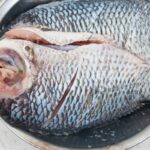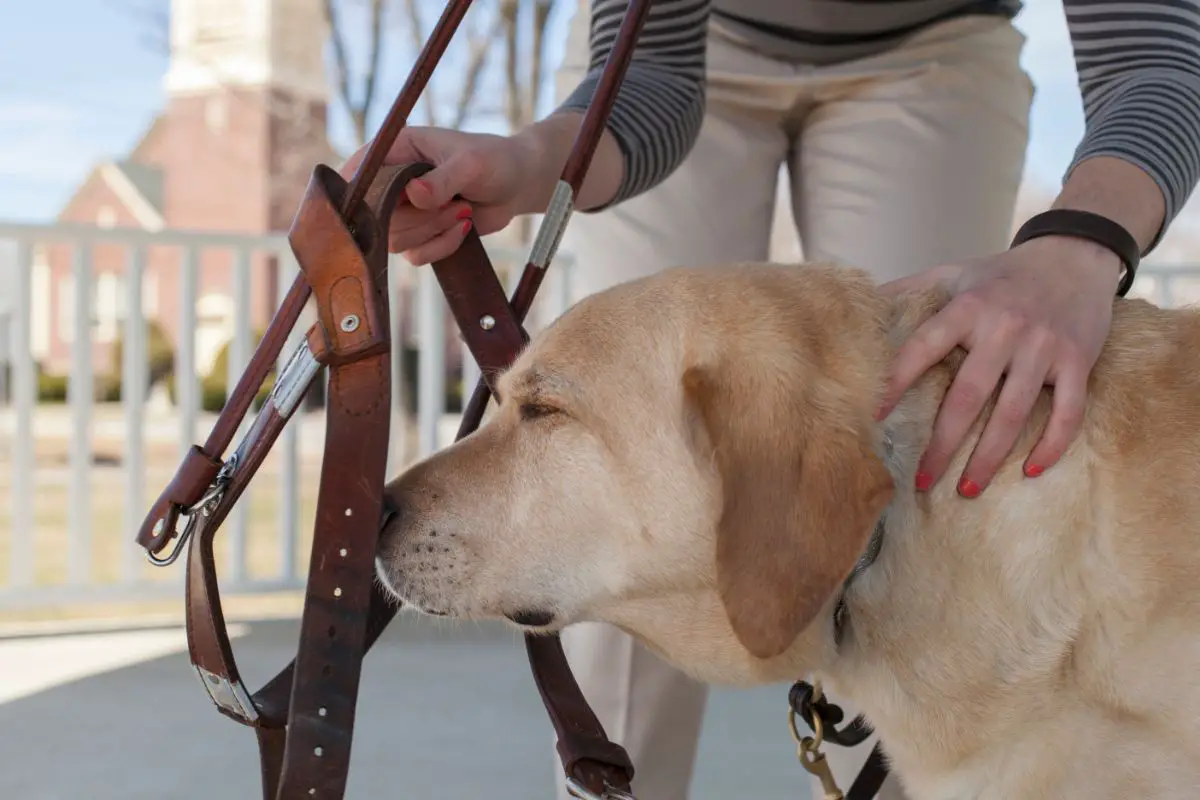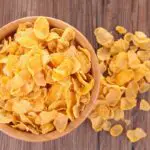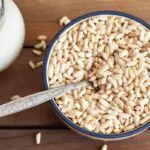If you are a fan of Veggie Straws and you are also a dog lover, you have probably wondered whether it would be safe if your dog ate them.
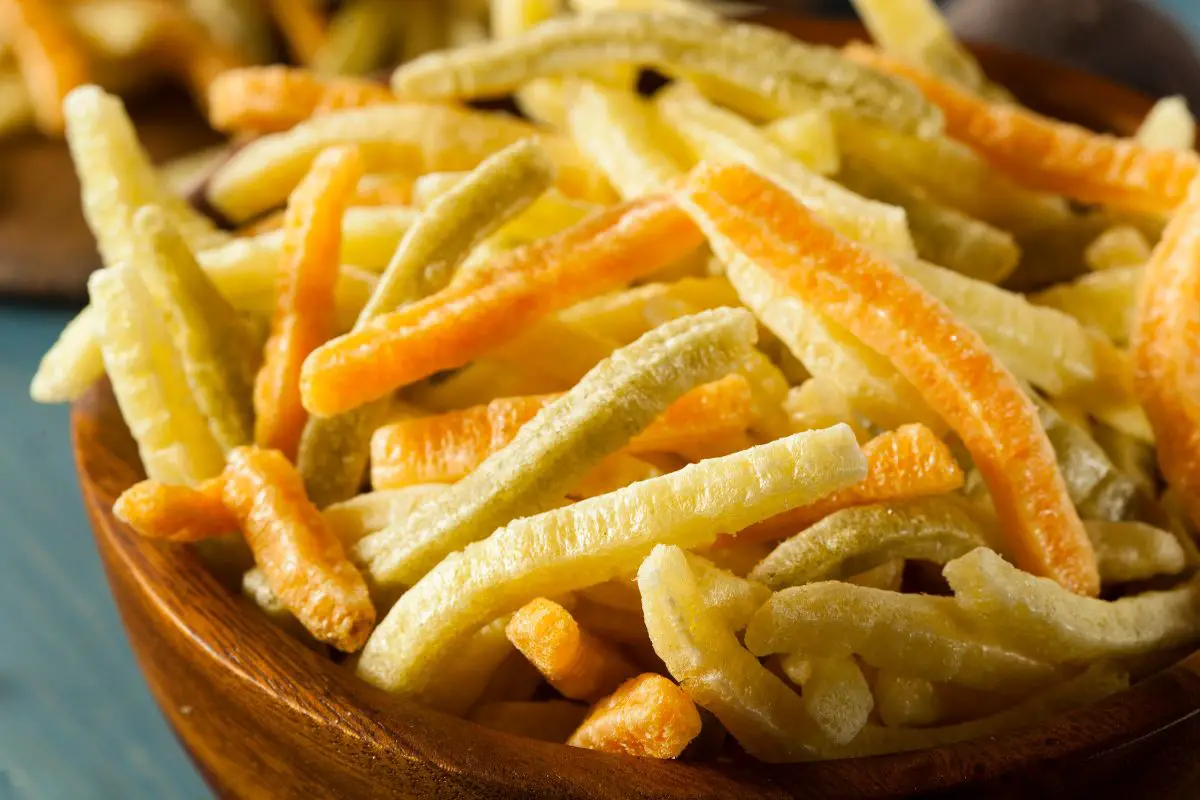
Maybe you are eating some and you want to give your dog one to try or as a treat, or perhaps your dog managed to eat one in circumstances out of your control.
So, before we answer if these treats are safe for your dogs, we should work out what is in them so you know if they will be safe for your dog!
Quick Answer
Your dog should not be eating Veggie Straws, they are not inherently dangerous for your dog to eat, but if they have eaten a lot this can lead to health issues, and even if they just have one this is not healthy.
If you want more details on why this is, keep reading as we go through the issues with the ingredients which are in this snack!
What Are Veggie Straws Made From?
While these snacks are named after vegetables (see also our article on feeding your dog pumpkin), and this leads for many people to assume that they have a lot of vegetables in them, this is actually not the case and they do not contain many vegetables at all.
These snacks are actually primarily composed of corn starches, as well as pulverized potatoes.
If you are unsure what we mean when we describe pulverized potatoes, this described the process of an ingredient like potatoes getting turned into a fine powder or a dust.
This is done through actions like; pounding, crushing, or grinding. Sometimes this is done manually, but it is usually done using a machine.
It is worth noting that there is a variety of different types of Veggie Straws, so some of these will have different ingredients in them.
For example, some Veggie Straws will contain tomato paste or spinach powder, while others will have a higher sugar content.
Some Veggie Straws even contain turmeric and beetroot powder. Because of this variety of ingredients, some types of Veggie Straws will be safer for dogs than others will.
Let’s go through all the ingredients and see how each of them could affect your dog if they end up ingesting some.
Potatoes
Potatoes contain lots of different elements including C, Iron, Magnesium, and a significant about of vitamin B6. These nutrients are not dangerous to humans or dogs, so your dog eating potatoes occasionally is not an issue.
The issue with the potatoes in Veggie Straws specifically is the process of pulverization which makes the potatoes far less healthy for dogs, as well as humans.
When potatoes get pulverized they will contain little nutritional value, and their vitamin content is practically erased.
They mostly contain just fats, sodium, and carry additives, and artificial flavors, all of these will not have any health benefits for you or your dog.
The potato powder tends to also have a significant amount of carbs which will give your dog a little extra energy, but can also contribute to weight gain for your dogs which will sometimes lead to even worse health issues.
So, while potatoes, and even pulverized potatoes are not toxic for your dog or you, they are not a healthy thing for them to consume.
They should not be eating anything with pulverized potatoes since the negative effects of eating them far outweigh the practically non-existent positive effects that they have.
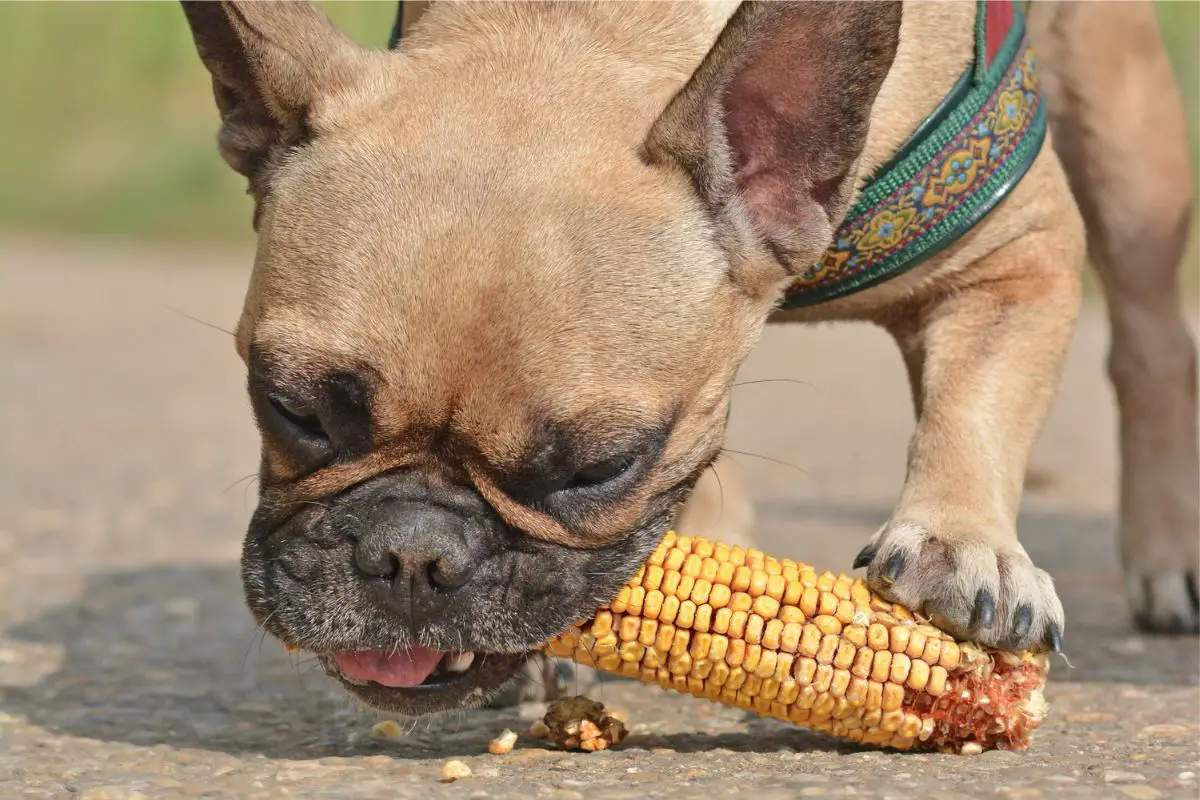
Corn
Corn is the other main ingredient of Veggie Straws, so this is something else that should be considered when you want to know if Veggie Straws are safe for your dog.
It is healthy for your dog to eat corn in moderation. It is a great source of carbs which is why it is healthy for humans as well as dogs, as well as containing vitamins, protein, potassium, linoleic acids, and fiber.
There are also some phytochemicals in it which are known as carotenoids and these should improve the immune system and can lower the chances of getting chronic illness.
Similarly to potatoes though, it does matter what type of corn you are feeding your dog, and the corn which is used in Veggie Straws is incredibly processed.
For example, when the corn is being processed it could have many things added to it like salt, fats, and high levels of sodium, and this is difficult to track and could cause health problems for the dog.
There is also a chance that your dog could be allergic to corn or products which contain corn, so this is worth checking.
So, Can Your Dog Have Veggie Straws?
So, while your dog can technically enjoy the separate elements of Veggie Straws in their raw form, we do not recommend them for dogs since the pulverized potatoes and the corn starch are nowhere near as healthy for your dog as standard potatoes and corn.
By eating these in excess, they could very easily lead to health problems for your dog which you would ideally want to avoid, especially since they have practically no nutritional value.
Your dog will be getting about 60 calories of fat in every serving of a Veggie Straw and these are not healthy fats and are not going to benefit your dog at all.
Not A Good Dog Treat
Your dog will not enjoy eating Veggie Straws nearly as much as you do, so even if you enjoy eating them, it is unlikely that your dog will, so using these as a snack or a treat will not work out very well and will not satiate your dog.
What To Do If Your Dog Has Eaten Veggie Straws?
If your dog has accidentally eaten some Veggie Straws, if it is not a massive amount do not worry.
You will want to make sure you clean up any leftover pieces so they do not eat anymore, and you will need to ensure that they do not have easy access to the rest of them.
You should try and monitor them relatively closely for the next day or so, and if they are displaying any uncharacteristic behavior, then you should try and get them to a vet, but if not you do not need to worry.
The best thing to do is make sure that your dog does not have easy access to these and instead focus on getting treats which are specifically designed for dogs and will help them!
Summary
So, your dog is unlikely to have any negative consequences if they only eat 1 or 2 Veggie Straws, but if they have too many, they could lead to health problems in the future.
- Are Antlers Safe For Dogs? - January 14, 2024
- Can Dogs Eat Honey Nut Cheerios? - December 23, 2023
- Natural Deworming Remedies for Your Dog - December 18, 2023

